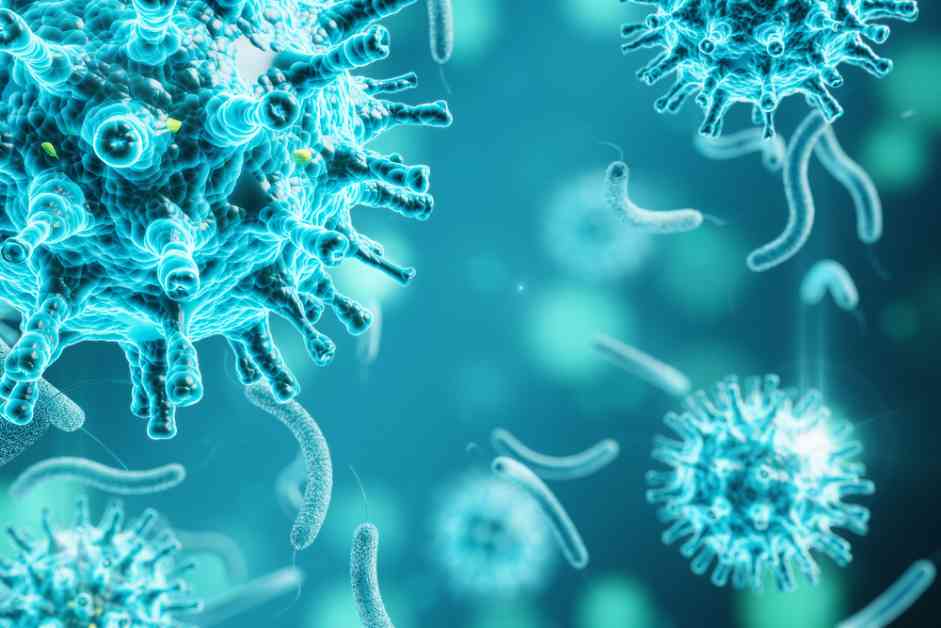The cell is a fascinating and complex entity that plays a crucial role in the functioning of all living organisms. Scientists have been studying cells for centuries, trying to unravel the mysteries of their inner workings. One of the biggest challenges in cell biology is to create accurate models of cells that can simulate their behavior and predict their responses to various stimuli.
In recent years, there have been significant advancements in the use of artificial intelligence (AI) to model cells at unprecedented levels of detail. Researchers at Stanford University, led by Charlotte Bunne, are working on building an AI virtual cell that can accurately replicate the behavior of real cells. This virtual cell could revolutionize our understanding of cellular processes, helping us predict how cells respond to different conditions and identify potential drug targets.
One of the key factors in the success of this project is the availability of training data. Bioinformaticians have access to a vast amount of biological data, including DNA and protein sequences, which can be used to train the AI model. However, choosing the right data and ensuring its diversity are essential to capturing the full range of cellular behavior and avoiding species bias.
Bunne and her colleagues propose a three-level AI model that simulates the cell at the molecular, cellular, and multicellular levels. This approach allows researchers to design virtual experiments and analyze cell behavior across different scales. The ultimate goal is to create a virtual laboratory for cellular science, where researchers can explore the complexities of cellular processes in a controlled environment.
While the AI virtual cell project is still in its early stages, the potential impact is enormous. Collaborations between academia, government, and industry will be crucial to the success of this endeavor. The project has the potential to revolutionize biomedical research, personalized medicine, drug discovery, cell engineering, and programmable biology.
As we look towards the future of cell biology, the development of the AI virtual cell promises exciting opportunities for scientific breakthroughs. By combining the power of artificial intelligence with our knowledge of cellular biology, we may unlock new insights into the inner workings of life itself. We eagerly await the progress of this project and the contributions of researchers from around the world.










